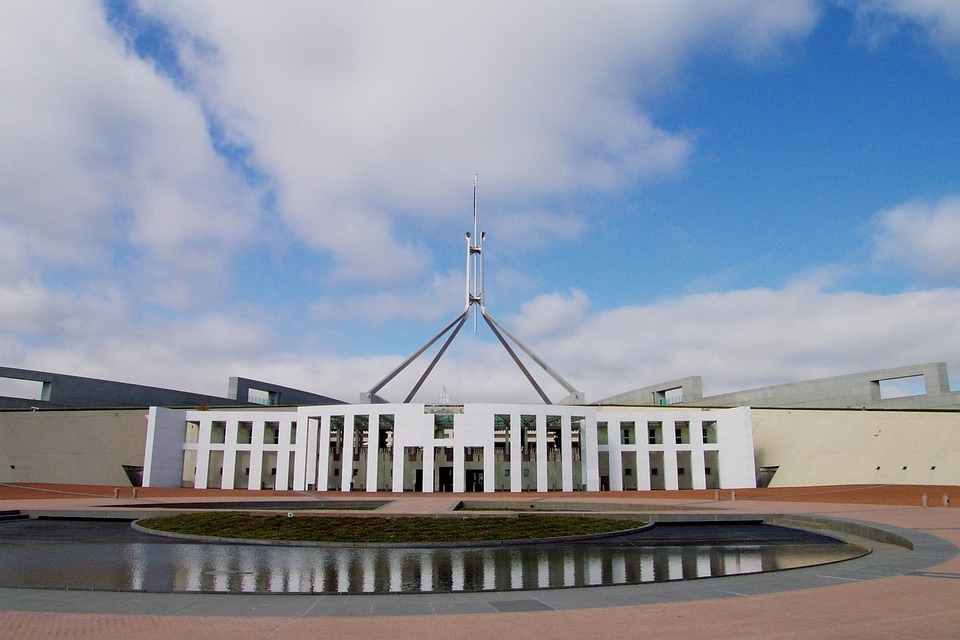
The New South Wales (NSW) Government has launched its Renewable Fuel Strategy, a significant initiative aimed at bolstering the state’s clean energy sector and advancing its low carbon industry. Announced on March 15, 2024, the Strategy allocates up to $170 million for the development of renewable fuel and biomethane production. This move expands the existing Renewable Fuel Scheme to include biomethane, establishing a clear framework for scaling domestic renewable fuel production in NSW.
The Strategy positions NSW as a national frontrunner in renewable fuel innovation, which is expected to enhance regional economies, reduce emissions from heavy transport and industrial sectors, and improve the security of domestic fuel and energy amid ongoing global uncertainties.
Strategic Support for Low Carbon Alternatives
Shahana McKenzie, CEO of Bioenergy Australia, emphasized the pivotal role of this Strategy in driving new projects and fostering commercial growth. “Today’s announcement shows the NSW Government is prepared to lead the next phase of Australia’s low carbon industrial transition,” she stated. “Renewable fuels are no longer a future ambition for NSW. This announcement moves them into the mainstream of the state’s clean energy transition and provides the certainty needed for investment, construction and new regional jobs.”
McKenzie further noted that the Strategy is essential for sectors unable to transition to electrification rapidly. She highlighted that industries such as heavy transport, mining fleets, manufacturing, maritime, and aviation require viable low carbon alternatives without delay. “Renewable fuels and biomethane offer immediate, scalable solutions for these sectors, and NSW is positioning itself to meet that demand,” she explained.
National Implications of the Strategy
The implications of NSW’s Renewable Fuel Strategy extend beyond state borders. McKenzie remarked, “This is a significant moment for NSW and for Australia. It signals that renewable fuels are essential to a resilient, low carbon economy and that the state intends to compete in a global market that is growing at extraordinary speed.”
By stimulating new biomethane and biofuel production, the Strategy aims to activate agricultural residues and waste streams while enhancing local manufacturing, transport, and logistics activities across regional NSW. McKenzie expressed optimism about collaboration, stating that Bioenergy Australia looks forward to partnering with government bodies, producers, researchers, and investors to ensure the Strategy translates into tangible project delivery, commercial success, and meaningful emissions reductions.
The NSW Government’s commitment to renewable fuels highlights its proactive approach in addressing climate change and supporting the transition to a sustainable energy future. As the state embarks on this ambitious path, the Renewable Fuel Strategy is poised to play a crucial role in shaping the landscape of Australia’s energy sector for years to come.







